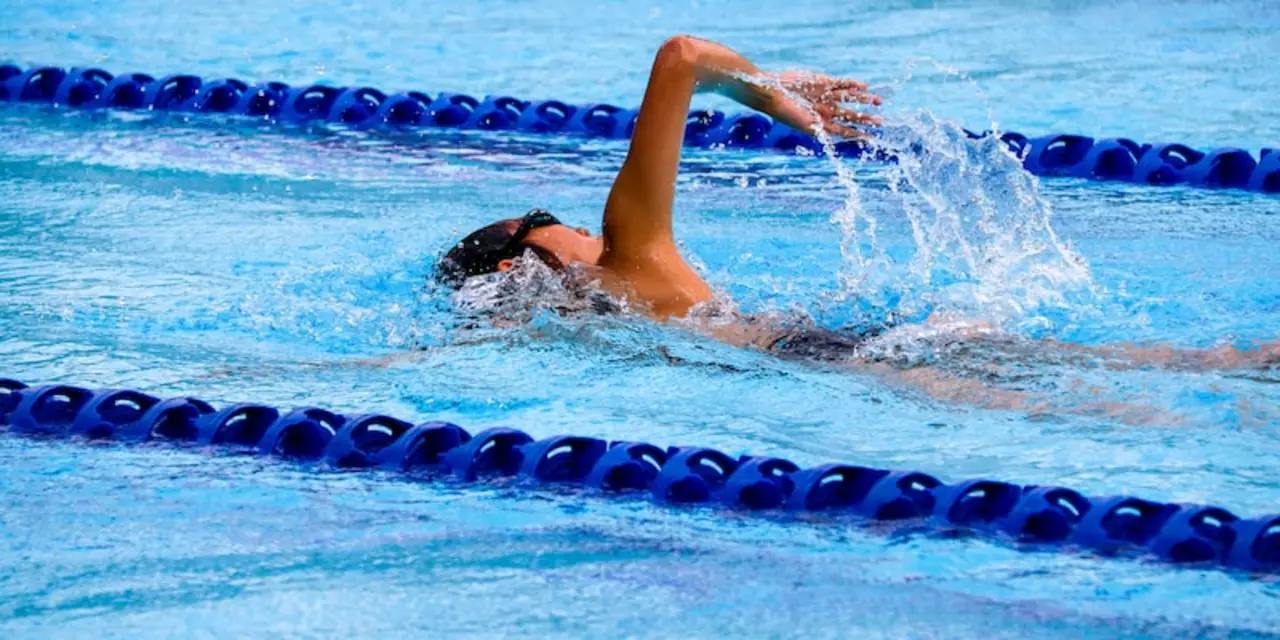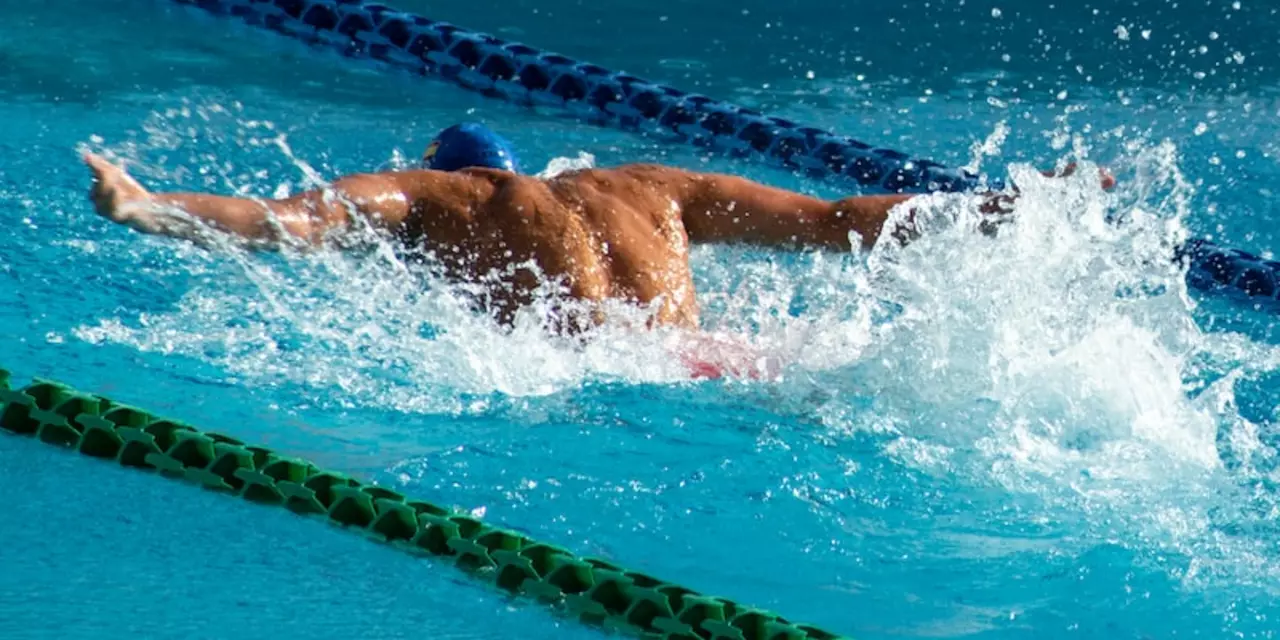Exercise Guides for Swimmers – How to Train Smarter
If you love the water but want to swim faster, the right exercises on land make a huge difference. You don’t need a gym full of machines; a few basic moves can build strength, stamina, and flexibility. Below you’ll find clear steps you can start today, no matter your skill level.
Why Exercise Matters for Swimmers
Swimming uses almost every muscle, yet many swimmers skip land work. Adding targeted exercise reduces drag, improves kick power, and helps you keep good form when you get tired. It also protects joints from the repetitive strain of endless laps. A balanced routine means you finish a race feeling strong, not sore.
Best Exercise Routines to Improve Your Swim
Core work is the foundation. Simple planks, side planks, and bird‑dogs keep your torso stable so you stay balanced in the water. Do three sets of 30‑second planks three times a week. You’ll notice a tighter body roll and less wobble during freestyle.
Leg strength comes from squats, lunges, and calf raises. Body‑weight squats are easy – 12 reps, 3 rounds. Add a jump at the top for extra power. Strong legs boost your kick and help you push off the wall faster.
Upper‑body power can be built with push‑ups, pull‑ups, and dumbbell rows. Push‑ups sharpen your pull phase while rows target the back muscles used in every stroke. Aim for 10‑15 reps, 3 sets. If you have resistance bands, attach them to a door and do lat pulls.
Flexibility prevents cramps and keeps your strokes smooth. Stretch your shoulders, chest, and hamstrings after each workout. A quick routine: arm circles, doorway chest stretch, and a standing hamstring bend. Hold each stretch for 20 seconds.
Cardio cross‑training keeps your heart ready for long sets. Try a 20‑minute bike ride, jog, or rowing machine at a moderate pace. Mix it into your week so you never get bored.
Putting it all together, a simple weekly plan might look like this:
- Monday: Core + leg strength
- Tuesday: Swim session + cardio
- Wednesday: Upper‑body + flexibility
- Thursday: Light swim + core
- Friday: Full‑body strength circuit
- Saturday: Long swim + optional bike
- Sunday: Rest or gentle stretching
Adjust the volume based on your goals. If you’re training for a race, add a bit more intensity. If you’re just staying fit, keep the sessions short and consistent.
Remember to listen to your body. A sore muscle means you need more recovery, not more weight. Hydrate well, eat balanced meals, and get enough sleep – they’re just as important as the exercises themselves.
Start with these moves, track how you feel in the pool, and tweak as needed. With steady land work, your swim times will drop, your confidence will rise, and you’ll stay healthier for longer.

